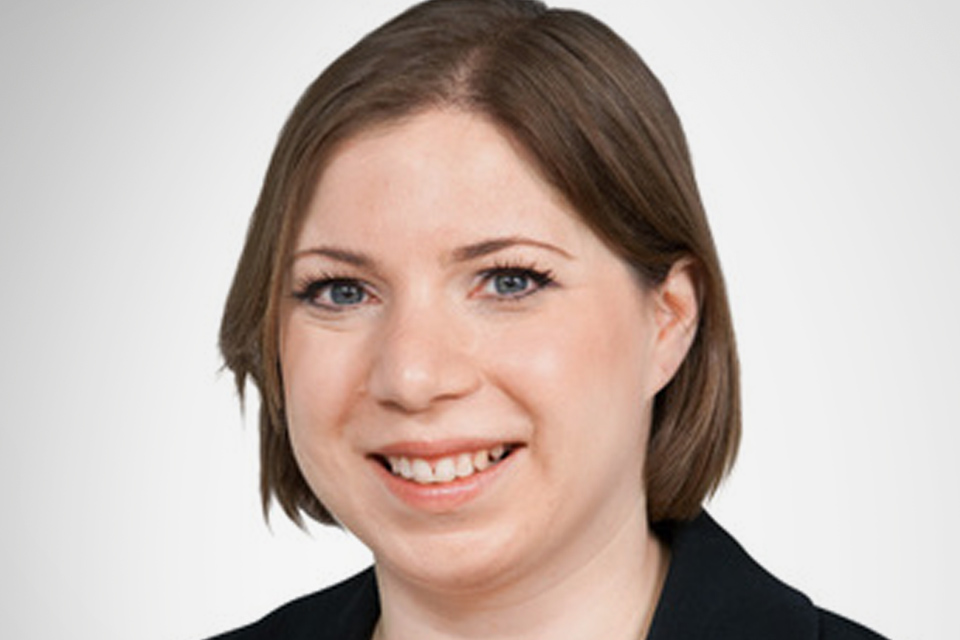Sarah Teather article in 'Nursery World' on early education and disadvantaged children
Children's Minister Sarah Teather writes in Nursery World about the Government's commitment to early years education for the most deprived children.

Readers will know how committed this Government is to the early years - giving every child, regardless of their family circumstances, the opportunity to thrive and flourish.
You will have seen at first hand the impact high quality early education can have on children’s life chances, but particularly for the most disadvantaged. It’s just not good enough that children from poorer families are still much less likely to access good quality early education and childcare than their wealthier peers - even though they stand to benefit the most.
Evidence shows that less than half of all children who live in the most deprived areas achieve a good level of development at age 5 compared with nearly 70% of those living in the least deprived areas. That is why we have protected funding for free early education for 3- and 4-year-olds and have secured additional funding to provide free early education for the most disadvantaged 2-year-olds - despite the tough economic climate.
It’s no accident that extending the free entitlement to the most disadvantaged 2-year-olds is the first clause in the Education Bill. We’re clear how important it is to the future prospects of so many children that we get this right.
We moved a step closer to realising this ambition recently as all parties welcomed the extension of the free entitlement during the Education Bill Committee debate.
In delivering this free entitlement, I know that many providers are doing an excellent job within the funding they receive, and we want to work with the sector to enable others to learn from their example.
While funding levels are a matter for local authorities, we have made provision for 2-year-old places to be funded at a higher rate than 3- and 4-year-olds to reflect the higher ratio requirements for this age group.
I know that some providers have concerns about the levels of funding they receive from their local authority. We are listening to those concerns and we are taking action to support providers:
- All local authorities will introduce the early years single funding formula from April. This is a first step in improving efficiency and transparency in the way funding is distributed to providers in all sectors.
- Later this year we will be consulting on the future of early education funding in the long term as part of the school funding review.
- We are working to reduce burdens on providers who deliver free early education, minimise prescription from central government and allow more discretion at a local level. We will be working closely with colleagues from across the sector to streamline the code of practice and childcare sufficiency guidance.
Funding for free entitlement places is just one part of a broader package of public support that providers can access. Many receive training and other assistance from their local authority to support improvements in quality and secure sufficient childcare provision.
I hope that many providers will continue to choose to be part of the free entitlement scheme, offering a fantastic service to all families. But I accept that - for some - delivering the free entitlement may not fit within their business models and they may decide to opt out.
During the Education Bill debate we reinforced our commitment to a universal entitlement to early education for all 3- and 4-year-olds that is completely free to parents. For the avoidance of any doubt, we do not see top-up fees as an answer to the concerns that some providers have expressed.
The work to slim down the Code of Practice will not change the position on top-up fees, which are effectively prohibited by primary legislation. It is, however, a good opportunity to make sure all providers and local authorities fully understand the principles of the free entitlement - including what they can and cannot charge parents for. It is legitimate for providers to charge parents for lunch, additional activities or for additional hours outside of the free entitlement, but it is unacceptable for parents’ access to the free entitlement to be made in any way conditional on the purchase of these extras.
We’re absolutely clear that making parents pay to access their free entitlement would be an insurmountable financial barrier for many families. It would mean that the very children who have the most to benefit from free provision would be unable to access it at all. As a government committed to tackling social inequality and supporting the most disadvantaged families, this isn’t something we would support.